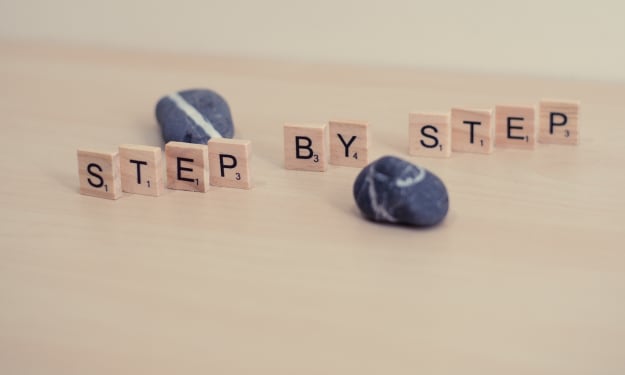
Anhedonia, or a lack of interest in pretty much anything, is a common symptom of depression. It's also a social issue, emergent in the specialization and mechanization of any and every one thing. We go to school to learn how to do one thing really well. Any time spent doing anything else is pretty much a waste. We also accept a lot of things that we encounter day to day with no real interest. Like how does Wi-Fi actually work? And if you're really in need of an answer, just Google it, read it, mumble something like "oh" or "cool" and mentally get rid of it as quickly as possible unless it serves you in some specific way.
There is something overwhelming about being curious. The world is infinitely large and complex, full of far more questions than answers. And you can look like a bit of a simpleton if you're the one constantly raising your hand and asking seemingly obvious questions. And, yes, if you're depressed, your desire to gain any knowledge whatsoever about anything at all is pretty much zero. You already carry the weight of basic tasks such as showering and doing laundry. Why burden yourself with the wonderful world around you? Gross.
To a certain degree, being curious is a matter of personality. The extroverted and open are likely far more willing to explore, inquire, and take the roads less traveled. At the same time, curiosity is pretty natural. In fact, it's the main mechanism that allows us to develop in the world, at least according to Piaget. As he argued, social-cognitive development is primarily fueled by the intention to explore and in doing so discover and integrate new perspectives of the self and world.
It might be tricky but try to remember one of those days when you were really young and having an absolute blast. Maybe you were at the playground, in a field of tall grass, or among friends. If you did these activities again you likely wouldn't feel the same thrill. For one, these experiences are novel. A ladybug, overalls, and some monkey bars are the most out-of-this-world thing you've seen. Now, at your age, you are rarely impressed. But there's also something else going on here. Kids not only experience new things in the world but are also constantly developing new views of their own existence! This is a bit of a feedback loop. As we encounter new experiences, we learn about ourselves and as we learn about ourselves we tend to seek out more new experiences.
This is evident in a study by Jack Bauer and Dan McAdams, who looked at the effects of growth goals: goals that are exploratory and seek out new experiences of the self and others through personal growth. They found that those who made progress on such goals tend to have higher ego development, another psychological measure commonly used to assess maturity. Isn't that interesting? Maturity is actually associated with curiosity!
So next time you're feeling incurious and too mature, try to remember that curiosity and wonder are, if anything, a sign of personal development. You're taking an active interest in the world and, through doing so, are likely coming away with a more complex and differentiated idea of your own self. It's not so much the newness of the experience as it is the way you approach it, whether that be a rollercoaster, an art exhibit, or even a line at the DMV. Just try to be curious at the very least. Who knows what you'll learn? And hey, maybe it'll make life a little more tolerable.





Comments
There are no comments for this story
Be the first to respond and start the conversation.